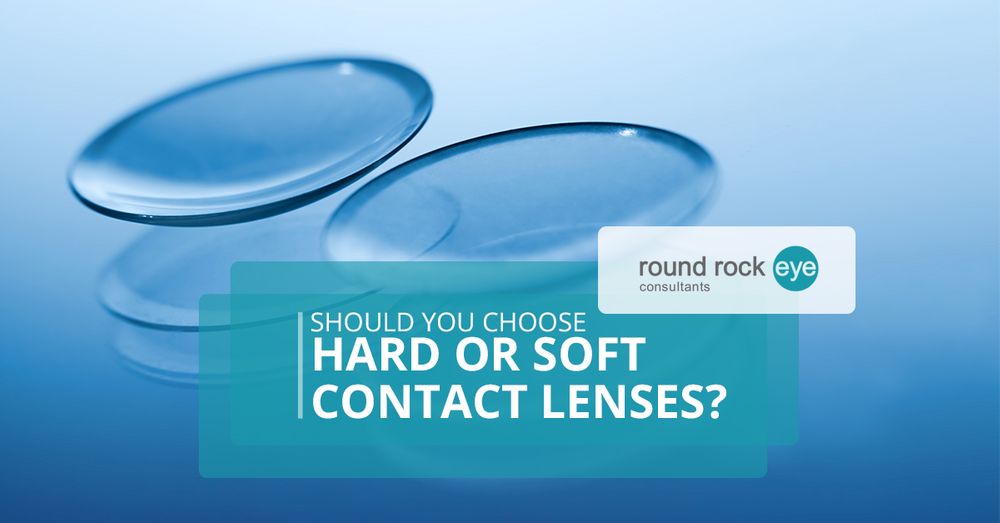Depending on who you ask, you may receive a very different answer to the question “which is better, gas-permeable or soft contacts?” Unlike with many technological innovations, the creation of “soft” contact lenses did not make the more traditional gas-permeable lenses obsolete. Today, we’ll review the pros and cons of each to help you in deciding.
Pros and Cons of “Hard” and “Soft” Contact Lenses
As mentioned above, you can find fans of both types of contact lenses in all walks of life. What may be a selling point for some can be a major annoyance for others; disadvantages to one type of lense may be rendered entirely inapplicable to certain peoples. Check out our list of pros and cons and, after meeting with your ophthalmologist, decide for yourself which is best for you.
Soft Contact Lenses
While soft contact lenses have been around for many years, they’ve recently gained a large amount of popularity due to some advances in technology and plenty of aggressive marketing campaigns. For those with sensitive eyes, allergies, and the disposable income to afford them, soft lenses are usually the eye care option of choice. More specifically, soft contact lenses offer the following benefits and drawbacks:
Pros of Soft Lenses
Often made to be “disposable,” which allows lenses to be changed out regularly
Losing or damaging a disposable lens is easily remedied and not a significant problem
Soft lenses are more water-permeable, which makes them accumulate less debris and prevent eyes from feeling dry or agitated
Overall better for those with eye-related allergies
More easily remains in place on the center of the eye
Cons of Soft Lenses
Often considerably more expensive than gas-permeable lenses
Vision may not be as sharp as with glasses or a gas-permeable lens
Handling soft lenses is considered more difficult
May require more regular appointments to receive a steady supply of lenses
May dehydrate, warp, or lose their shape over time
Gas-Permeable Lenses
“Hard” lenses, as they’ve come to be called, are more closely related to eyeglasses than their softer cousins. Due to this, they are designed to last much longer and generally provide more natural eyesight once the wearer is used to them. Hard lenses aren’t without their problems, however, which can be seen in the following pros and cons:
Pros of Gas-Permeable Lenses
Durable and long-lasting
Available eye care treatment for most types of vision correction
Highly affordable when compared to soft lenses; also competitive with eyeglasses
Do not dehydrate, warp, or lose shape
“Gas-Permeable” means air can reach and escape the eye as normal
Cons of Gas-Permeable Lenses
May become dislodged from the center of the eye
Can be scratched if dropped or otherwise harmed
If debris accumulates under the lens, it can be quite uncomfortable
Takes some “getting used to” and regular wear to feel natural
Visit Round Rock Eye Consultants
If you live in the Round Rock area, then schedule your next eye care appointment with our friendly, accommodating staff. Our ophthalmologist is available to perform your eye exam, contact lens evaluation, and more!
Learn more about our eye care services, and reach out today to get started.

